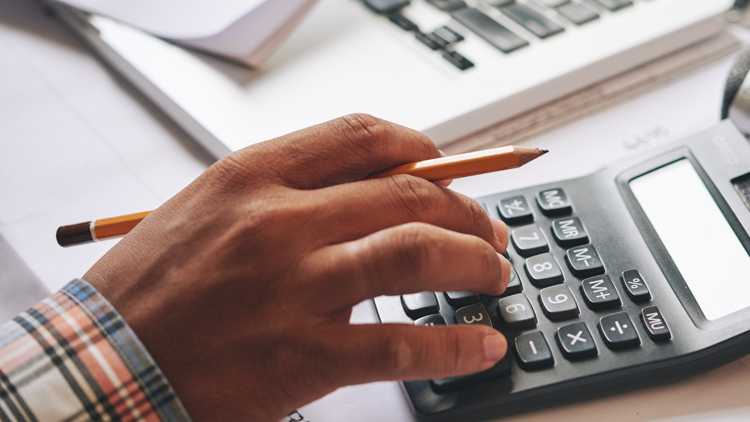Personal finance is a term used to describe the various financial decisions that an individual or family unit can make in order to manage their money. It can encompass everything from saving and investing for retirement, to budgeting for a new car.

Making smart personal finance decisions can be the difference between a comfortable retirement and working well into your golden years. It can mean the difference between being able to afford your dream home, or being stuck renting forever.
But with so many different aspects of personal finance to consider, where do you even start? Budgeting is a good place.
How to create a budget
Are you looking to get your finances in order but don’t know where to start? Creating a budget is a great way to get a birds eye view of your spending and figure out where you can cut back. Follow these steps to create a budget that works for you.
Start by taking inventory of your income and expenses. What do you bring in each month and where does it all go? Track your spending for a month or two to get an accurate picture of where your money goes.
Once you have an idea of your spending patterns, you can start setting some limits. Determine how much you need for essential expenses like housing, food, and transportation. Then, set aside money for savings, debt repayment or investing. Whatever is left can be used for discretionary spending.
Tips for sticking to a budget
When it comes to budgeting, we all know the drill: find out how much money you have coming in and track your spending so that your outgoing costs don’t exceed your income. But even if you’re the most disciplined person in the world, there will be times when sticking to your budget is hard. Here are a few tips to help you stay on track:
1. Make a realistic budget: If you’re constantly falling off the wagon because you can’t stick to your budget, it might be time to reassess your spending and see where you can cut back. A good rule of thumb is to allocate 50% of your income to essential expenses like rent, food and transportation, 30% to discretionary items like entertainment and shopping, and 20% to savings and debt repayment.
2. Use a cash envelope system. If you re a spender, using cash is a great way to keep track of your spending and stick to your budget. Put cash in envelopes for each category and only spend the money you ve allotted for each category.
3. Track your spending. If you know how much money you’ve spent and what you’ve spent it on, you can make better decisions when it comes to your budget. Using a tracking app like Mint is a great way to keep track of all your expenses.
4. Know your credit score. Knowing your credit score is crucial to developing a healthy financial life. There are several ways to get it, but start with the free annual credit report you re entitled to from each of the three major credit bureaus.
5. Pay off your credit card every month. This will help you maintain a solid credit score and avoid interest charges. If you can t pay it off, try to pay at least the minimum amount due.
Budget apps
Some people like to draw up their budget with pen and paper or in an excel sheet, making a basic budget does not need to be difficult. Then again, there are many budget apps available if you like to keep your budget handy in your phone. It also carries a lot of extra perks to use a budget app. Here are a few examples of popular budgeting apps:
Mint – High ratings in App store and Google play. It’s free and it can sync to your checking or saving accounts as well as to your credit cards and more.
YNAB – Also high ratings in App store and Google play. Zero-based budgeting system where you can plan ahead for every income.
Goodbudget – More planning ahead than tracking previous transactions.
Here are some more info on budgeting apps.
Conclusion
The best advice when it comes to get your personal finances in order is: Get started! Start tracking your expenses and set a budget today. Take the most basic steps today and then you can read up or get an app or fine tune the numbers once you have started. A common mistake is to think that you have to learn a lot first and then valuable time will be wasted.
